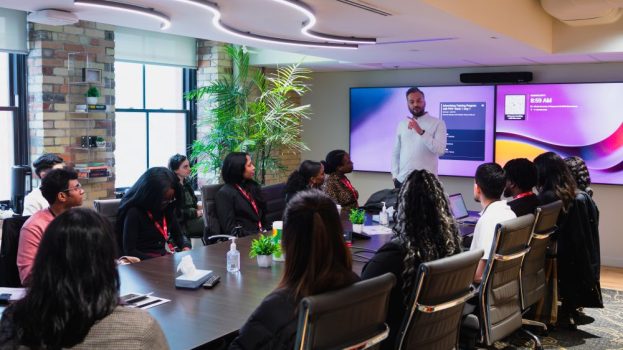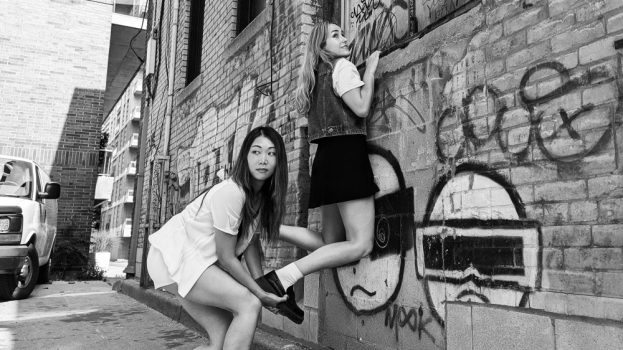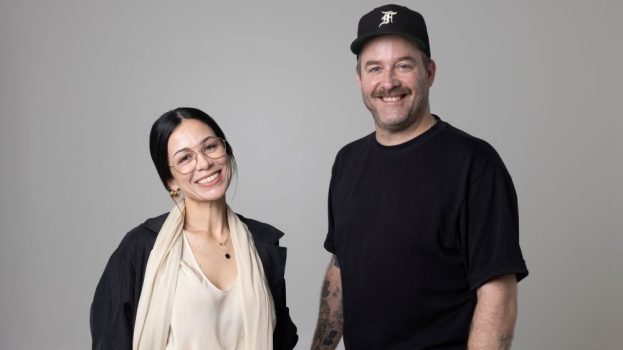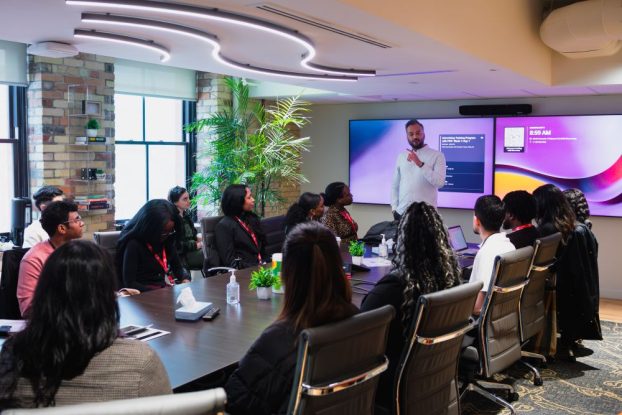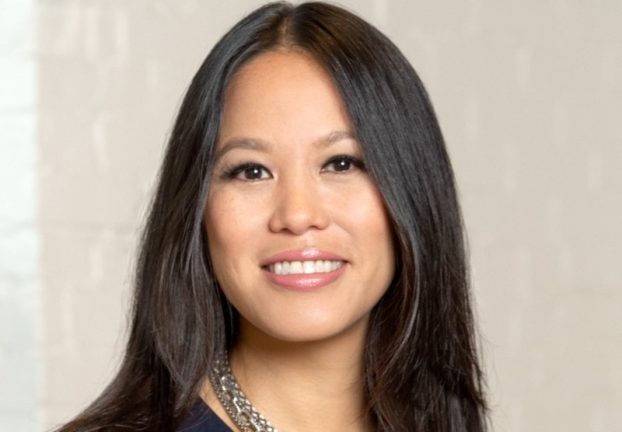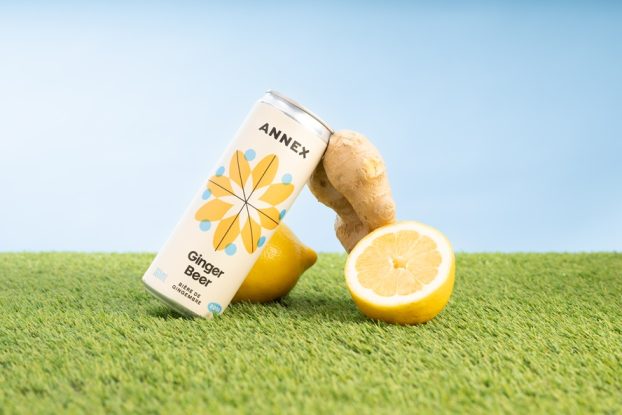Independent agency Humanity is taking the next step toward realizing its vision by launching an advisory panel, called Unity, to offer fresh perspective on its strategic and creative work.
The agency, which launched three years ago with the mission of putting behavioural and social sciences at the core of all of its output, has always sought to make advertising more diverse and give more people a voice, says Carolyn Shaw, its president and CCO.
“We want to tell stories, but we can’t tell everyone’s stories on our own. We understand peoples’ lived experiences are very different, and this is our opportunity to tap into that,” she says of Unity. “We need this community of communities, as we’re calling it, to help us guide our thinking.”
At its launch, Unity consists of nine members from various backgrounds and representing a wide array of racial, cultural and other groups. The panel includes global DEI leader Dani Gomez-Ortega; Dr. Ivan Joseph, VP of student affairs at Wilfrid Laurier University; Jennifer Meness, an assistant professor of Indigenous studies at Toronto Metropolitan University (TMU); Julie Savaria, founder and CEO of the Masla EMpathy Lab; Yumi Namata, director of operations at TMU’s Yellowhead Institute; Simone Wright, shopper insights manager for Nestle and a noted speaker on DEI issues; Brandon Meawasige, VP of communications and marketing for Indspire; musician and author Don Amero, and Amy Knowles, an SVP at Research Strategy Group.
These members have already influenced some of Humanity’s work, either at the foundational level – such as by finessing the language of its surveys and research, Shaw says, or in semiotic analysis – or during the creative and strategic processes themselves, by offering feedback and perspective based on their own lived experiences.
One such recent experience involved the agency’s work on a brand refresh that involves “a lot of Indigenous consultation on the brand and the building of the organization,” says Shaw. Working with members of Unity, the agency has been able to respectfully incorporate Indigenous symbols and colours to help nail the design aspects of the refresh.
Such perspective was hard to come by prior to the launch of Unity, says Shaw, because even though the agency had tried to hire people from different backgrounds and walks of life, “we’re limited by how many people we can hire full-time.”
Even freelancers were difficult to find, she adds.
“We want to always be bringing in those different voices and perspectives, but trying to bring in freelance creatives or strategists isn’t always easy,” explains Shaw. “This is a way for us to bring in those voices as we need them to help facilitate the work we are doing. We can Google, we can read, we can do that research – but to get an authentic perspective, we’re now able to work with a member of Unity to get their input.”
There are plans to expand Unity in the future, with the agency actively seeking new members to add to its panel. Shaw says she has been curating a list of top voices on LinkedIn that she intends to reach out to, but also that the agency is open to hearing from members of various underrepresented groups who would like to participate.
“This is how we’ve always wanted to function. It’s a vision we had at the agency, and this is us putting that vision into practice,” she says.


